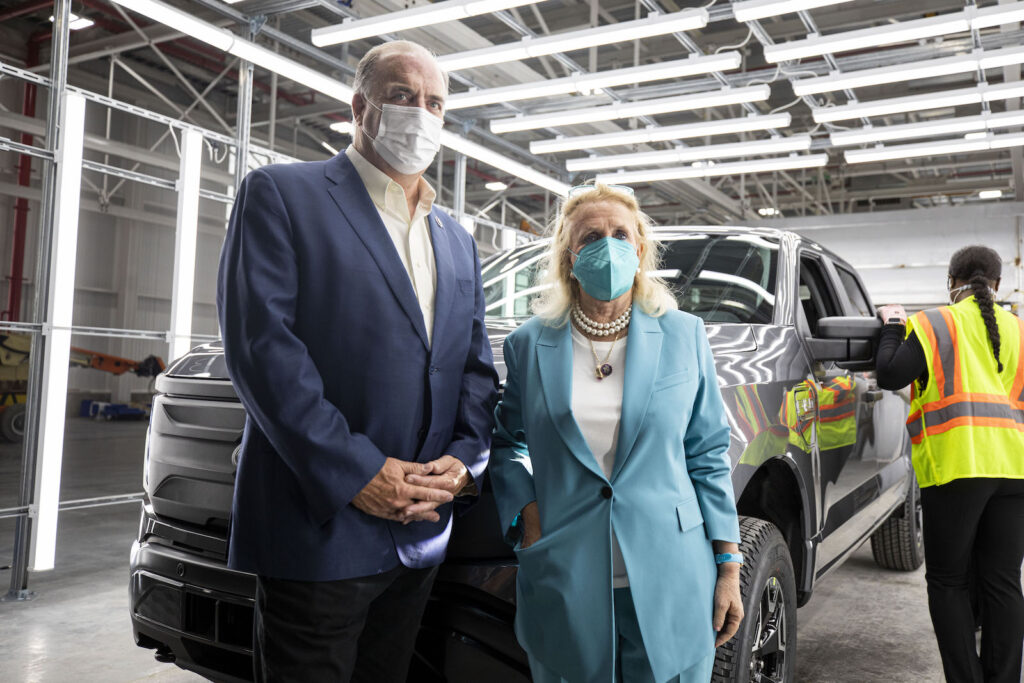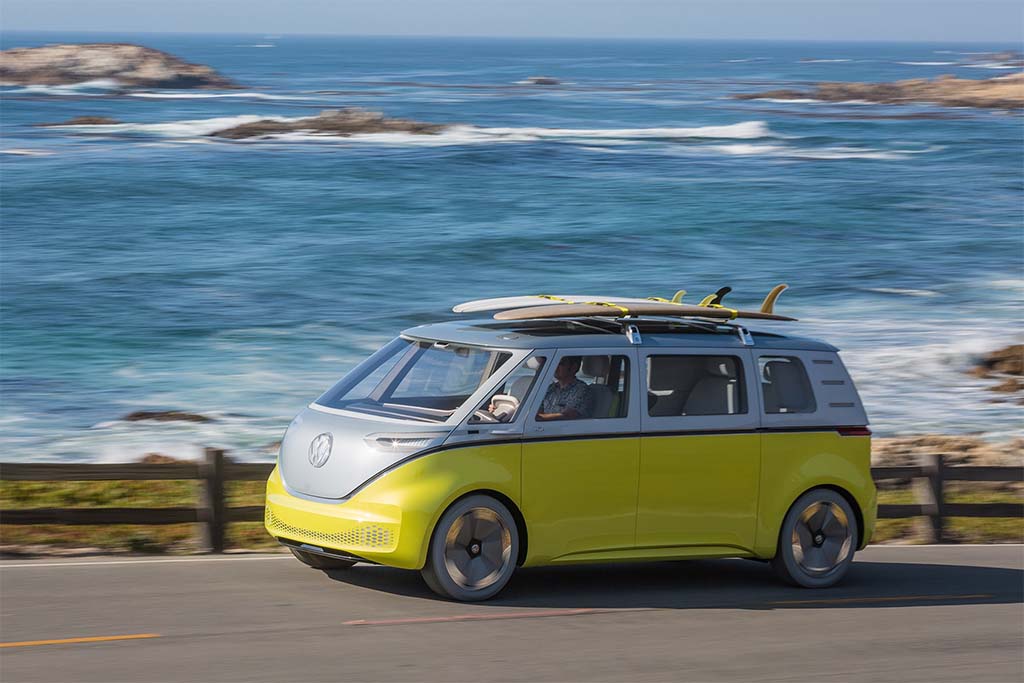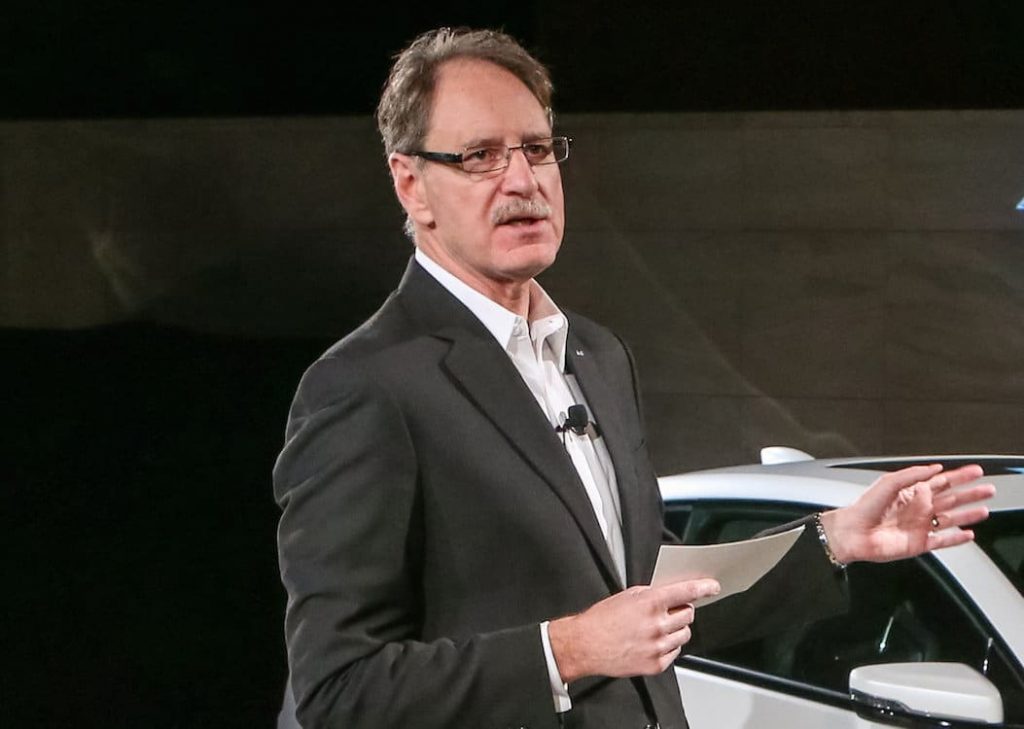The U.S. House Ways & Means Committee has given its approval to a $3.5 trillion spending package that could give EV buyers as much as $12,500 in tax credits — but the final incentive program may loosen up a proposal that would reserve as much as $5,000 of those EV givebacks specifically for motorists purchasing battery-electric cars built in the U.S. by union workers.

In an exclusive conversation, Michigan House Democrat Dan Kildee told TheDetroitBureau.com he would be open to a compromise that could include vehicles built in Canada, as well as BEVs produced by non-union automakers in the U.S., such as Toyota, where “workers are treated fairly and paid well.” Kildee said he did not see room to also include vehicles assembled in Mexico, however.
“We’re continuing to work on it,” Kildee said of the “Made in America” provision he crafted along with Michigan Democrat Sen. Debbie Stabenow.
Terms of the provision
The agreement, in current form, would extend the current, $7,500 in federal tax credits available to buyers of qualified battery-electric vehicles and plug-in hybrids. Among other things, it would eliminate the 200,000 vehicle sales threshold for individual manufacturers which, when reached, begins phasing out the incentives. General Motors and Tesla already have exceeded that cap and Nissan is coming up on that number.

While there is broad support for that move, the Kildee/Stabenow proposal’s other provisions have generated heated controversy. For one thing, they would add another $2,000 for vehicles specifically assembled in the United States, and $500 for vehicles using American-made battery packs. Then, buyers could qualify for an additional $2,500 if the vehicle were built by union workers.
Those clauses would sharply limit which vehicles could get the maximum $12,500 giveback as many new EVs are scheduled to come in from Canada and Mexico, as well as Europe, South Korea, Japan and China. Meanwhile, only the Detroit Big Three automakers, General Motors, Ford and Stellantis, currently run union factories.
“That doesn’t seem fair,” Johan de Nysschen, the chief operating officer at the Volkswagen Group of America, told TheDetroitBureau.com this week.
For his part, de Nysschen said Congress should, at the least, cover vehicles made within the three countries comprising the USMCA, the successor to NAFTA. VW, he said, adjusted its regional production plans to comply with the updated trade agreement. Currently, it plans to import the ID.Buzz, an all-electric successor to the iconic Microbus, from a plant in Puebla, Mexico.

Honda, meanwhile, said the Made in America provision “discriminates among EVs made by hard-working American auto workers based simply on whether they belong to a union.”
Toyota has also come out strongly against the Kildee/Stabenow provision.
Changes are possible
Asked if he could foresee changes to the plan, Kildee said he was somewhat flexible and looking at other proposals.
Among other things, that could bring in Canadian-made EVs. Auto factories north of the border are mostly represented by Unifor, the automotive equivalent of America’s United Auto Workers union, Kildee said, as he began a tour of Ford Motor Co.’s new Electric Vehicle Center in Dearborn, Michigan Thursday.
Kildee said he has been discussing the possibility of expanding the provision to include non-union companies with Congresswoman Terri Sewell. The Alabama Republican’s district includes a new Toyota plant. Most of the foreign-owned auto assembly plants in the U.S. are based in Southern states that often have right-to-work laws in place.

But the Michigan Democrat showed no flexibility when asked about including Mexico in the incentive program. That country is “so far away from having real labor unions” offering good wages and benefits and real worker representation, he stressed, that “I don’t know how they can get in(to)” the Made in America proposal.
There have been other objections raised to the idea of increasing EV incentives. West Virginia’s Republican Congresswoman Carol Miller tweeted that it seems “hard to imagine how giving a tax break of $12,500 to someone buying a $74,000 electric vehicle is a way to help working class workers.”
A proposal that would have eliminated EV incentives for buyers making more than $75,000 a year — or $150,000 for couples — was rejected by the Ways & Means Committee.
Kildee said he believes some version of his and Stabenow’s proposal eventually will be approved by the full House, as well as the Senate. It would then have to be signed into law by President Joe Biden, himself a strong EV proponent. But Biden has also expressed strong interest in seeing U.S. automakers rewarded in a new incentive plan, especially those with union workers.
“What do environmental groups, automakers and workers have in common? They all support my bill to expand electric vehicle production in the U.S. to help create good-paying jobs and reduce emissions,” Kildee said in a tweet.
For GREAT deals on a new or used Nissan check out Mossy Nissan Chula Vista TODAY!